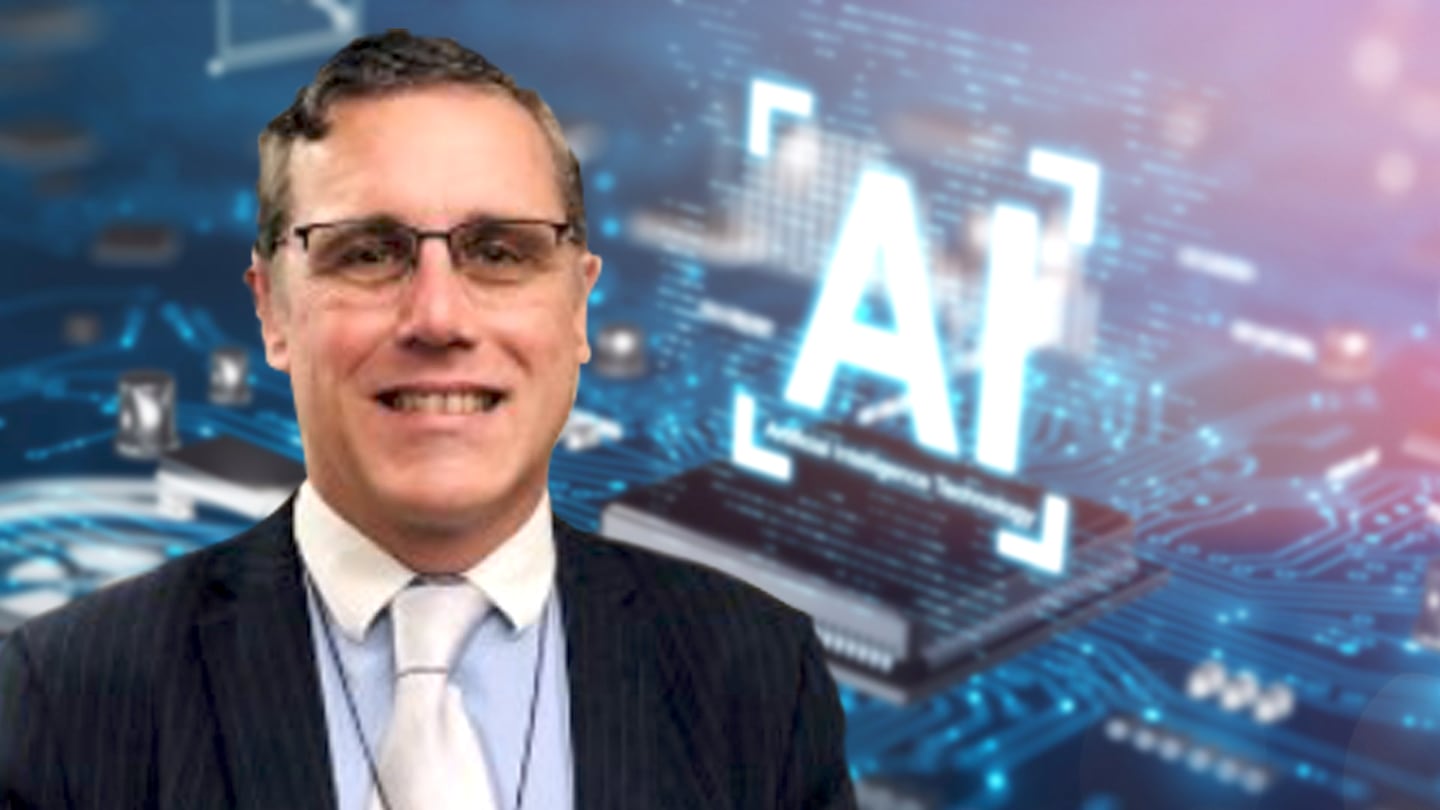This story was originally published on Friday, December 13, 2024, and is republished today as part of Te Ao Māori News' Ngā Hiranga o te tau 2024 series, highlighting an article from each month that caught your attention.
Emerging tech expert Dr Karaitiana Taiuru (Ngāi Tahu, Ngāti Kahungunu, Ngāti Toa) is confident te ao Māori will recognise the opportunity presented by this week’s “huge leap” in quantum computing development.
Quantum computing has the potential to solve otherwise unsolvable problems with lightning-fast speed, and earlier this week Google announced a major breakthrough.
The tech giant stunned observers with the announcement that its new “Willow” computing chip can solve a problem in under five minutes that would ordinarily take one of today’s leading supercomputers billions (and billions) of years.
Taiuru says it’s a “positive” development for te ao Māori provided Māori aren’t passive bystanders.
“This is exciting. Up until now, quantum computing has been more of an it will happen one day. More of a dream than a reality.
“While Google’s saying that it’s not perfect, it’s certainly a huge leap forward.
“So, yeah, I think that it’s positive.”
The impossible will likely become possible with quantum computing, Taiuru says.
“It takes days to sort out complex solutions, complex issues, like sequencing a genome, for example, with something like cloud computing.
“Quantum computing, I mean, it’s going to be more instantaneous.
“The things that we think are impossible to do in terms of medicines, sciences - everything has the potential to change.”
Taiuru says rapid change will be seen once quantum computing becomes mainstream, which is still some way off.
“What most people now consider as artificial intelligence, it’s going to be very primitive.
“With quantum computing, we’re going to go from basically predictive text, which is what we have as AI now, to general AI that will be able to think. It will supersede a human’s brain.
“Essentially, this is what quantum computing will do. It’s going to have the ability to outthink and outcalculate humans at rapid pace.”
Google’s announcement of the ‘Willow’ quantum computing chip. Video / YouTube
‘Wake-up call’
Google’s breakthrough is the nudge Māori needed, Taiuru says.
“It’s going to be a good wake-up call for te ao Māori, in the way we invest our money and invest in our youth with education.
“This is the opportunity for te ao Māori to actually say, ‘Yep we need to consider how we can use quantum computing’.
“How do we prepare our youth, and how do we explore how quantum computing will benefit our businesses, our environment and the way we consider investments?
“Quantum computing will change everybody’s lives. It will impact everybody, every business. Every organisation will be impacted by quantum computing.
“If Māori and iwi aren’t talking about it now, aren’t planning to be a part of it, it won’t be a benefit for us. It will end up being a detriment.
“There’s no excuse why we can’t be part of quantum computing. The only thing holding us back is ourselves.”
‘At the table’
Dr Taiuru admits the advance could have negative consequences for indigenous peoples. However, he believes Māori and other indigenous have an important part to play in ensuring this does not happen.
“There’s a potential for that to happen.
“But I think we also know that humans need to be involved with the technology. In particular, indigenous peoples need to actually be at the table now.
“So for me, this is our opportunity for our leaders and te ao Māori to say, ‘Yep we need to concentrate on making sure that our education grants, that our people are actually being trained in computer sciences, are learning how to use quantum computers when they arrive’.
“I think it’s a good opportunity for iwi to contemplate investing in quantum computing. There’s a lot of money that’s required to research and build and go from the proof of concept to the implementation.
“So, yeah, as long as we are talking about the impacts of quantum computing now, we can use it to our advantage.
“If we choose to ignore it, then we could have a number of scenarios where indigenous perspectives aren’t considered.
“And the dominant voice will keep on being the predominant voice, and telling us what we need and what we should be doing.”
Dr Taiuru has one final message for te ao Māori.
“I remember back when I first started out in the IT industry, my kaumātua and everyone told me not to be part of the industry because it was anti-Māori. It was dangerous.
“I think if we carry on with that attitude, we’ll keep on being left behind.
“Māori make up less than five percent of the IT workforce, the digital workforce now.
“I think we need to really consider how to boost those numbers and get on board with quantum computing.”




